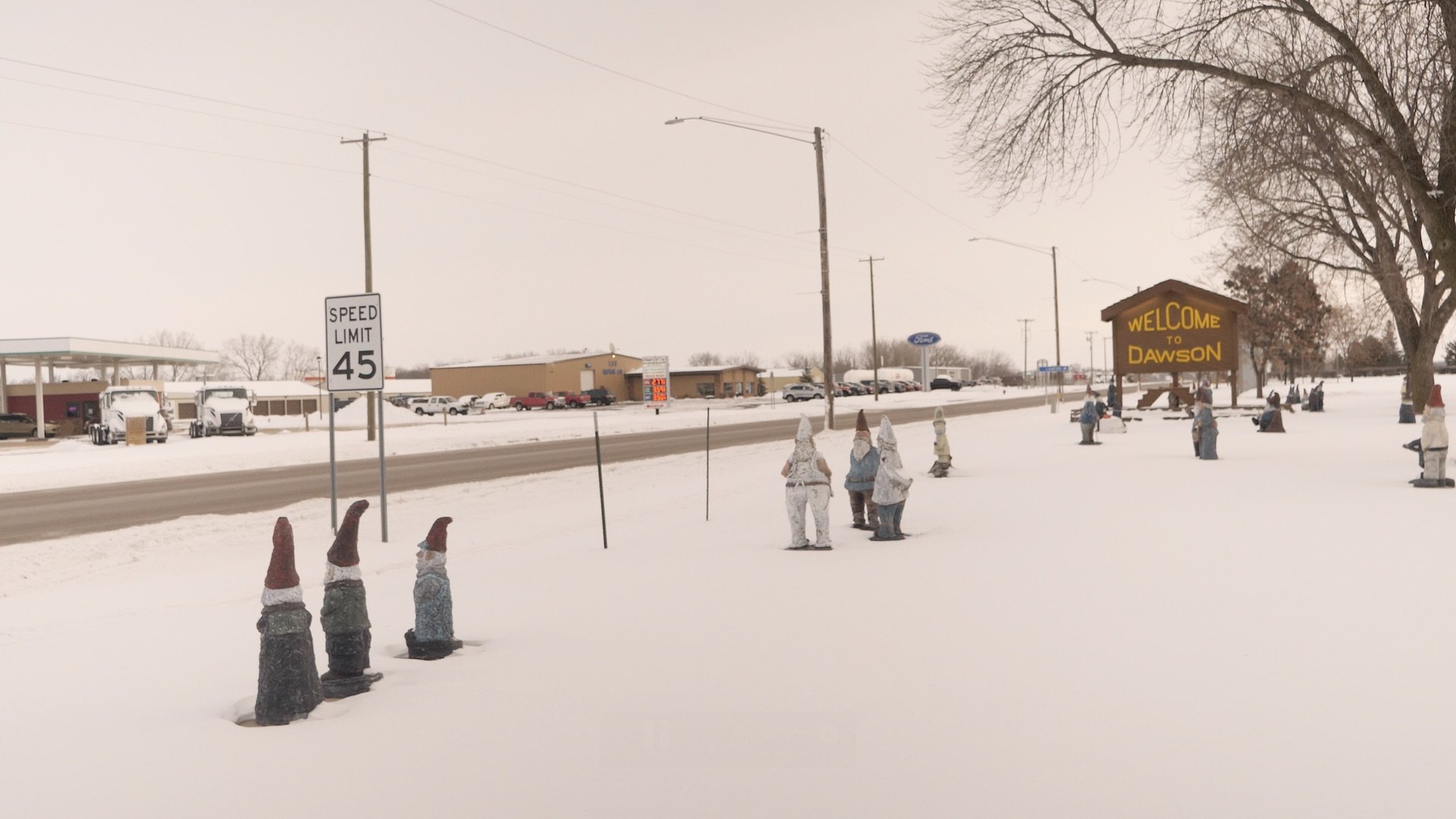The "Alt-Meat Revolution" is providing new job opportunities in Dawson, MN, but a shortage of housing and child care are proving to be challenges to rural growth.
Janell Welling brings a unique perspective to her role over the past seven years as a real estate agent in western Minnesota.
For 22 years, she worked as a social worker, and knows well the personal- and family-level dynamics that go into major life decisions. Purchasing a home is as much an emotional decision as a financial one, she said – most people purchasing a home are taking into consideration much more than the home itself. It’s a decision on where they want to make their lives: Does a community offer what they want?
In that respect, western Minnesota probably has more to offer these days than ever before.
Welling is seeing an increased number of people interested in moving into the rural area. Job opportunities bring them in, but she is seeing a growing interest in rural living. Her clients include young people who grew up in a rural area and want to come back, as well as urban residents without rural roots.
Welling said she senses an unease in the country today. Many people are looking for the sense of community, belonging and safety that rural communities can offer, she explained. So, why has western Minnesota’s population continued to decline while a record number of jobs go wanting for people in the region?
"The need for housing here is critical on all levels," said Welling, who represents Hughes Real Estate and Auction Service.
The arrival of PURIS in Dawson to produce plant-based protein for alternative meat and a range of other products has brought housing and other issues to the forefront in the community. The shortage of housing and day care are easily the two most pressing issues facing rural areas today. These needs are the topic for the latest segment of the Pioneer PBS and West Central Tribune series on "Minnesota’s Alt-Meat Revolution" and its impact in this area. The year-long video and print journalism collaboration project looks into the roots and impact of the plant-protein phenomenon that’s exploding across the globe.
In Dawson, the opening of the PURIS plant brought more than 100 new jobs to the community or, perhaps more accurately, to the region.
Welling said her work in real estate has shown her that commuting to work is the norm. It is influencing real estate sales. The price differential between properties in larger communities, such as Montevideo, with a population of roughly 5,000, and smaller communities such as Dawson, with a population of roughly 1,500, is shrinking, she explained.

Housing has become more of a regional market today. Two-wage earner families are the norm, and spouses often work in different communities and commute. Or, in some cases, she has had buyers forsake purchase opportunities on homes that fit their family size or wants, because the home is not located in a community with the amenities such as restaurants, recreational opportunities or school systems that match what they want, she explained.
In Dawson, she listed one home at 9:00 on a Thursday evening and had an accepted offer by 9:00 on Friday morning. The offer came sight-unseen from an out-of-state buyer.
When Welling began her career in May 2017, there were 80 houses for sale in the Montevideo market. Last May, there were just 14. Welling believes that one of the biggest housing challenges facing the region is the lack of transition housing for senior citizens. More people are working past retirement age to make ends meet, and more people are staying in their homes longer. She believes many seniors would be willing to sell their two-story homes and move to a single-floor home, if only they were available.
The housing challenge in rural communities also includes a similar shortage of rental units, and rising price points as well, Welling also emphasized.
The take-home message is this: "We have such a need for new development," said Welling. She’s watched as the prices of "fixer upper" houses have risen and many of the region’s older homes have been remodeled. We’ve "topped out" on what can be done with an aging housing stock, she said.
Welling advocates for more regional dialogue — and cooperation — in addressing needs that are truly regional in scope.
Megan Lynch, people operations manager with PURIS, knows the challenges of finding a home. She told Amanda Anderson with Pioneer PBS how she grew up in the area and moved back for her new role with PURIS. Megan Lynch is the people operations manager for PURIS, and knows firsthand the challenges of finding a home and child care in a rural area. She grew up in the area and moved back to it for her new position. She considers herself fortunate: She and her husband and children could take up residence with her parents while they searched for a home. The bigger challenge awaited: Finding child care.
Tony Aafedt, athletic and community education director with the Dawson-Boyd Schools, told Pioneer PBS how the school district has been operating a preschool education program to help meet that need. The school had identified a need to provide care for 40 to 50 children, he said.
The school’s preschool child care program has a waiting list for infants today. The other challenge, Aafedt pointed out, is finding workers to provide the care.
"Minnesota’s Alt-Meat Revolution" is produced in partnership with West Central Tribune and Pioneer PBS. Stay tuned for more #MeatlessInMN!
Discuss and engage with us on Facebook, Instagram, Twitter and TikTok by using the hashtags #MeatlessInMN and #MyHomeIsHere and tagging us @worldchannel. Subscribe to our newsletter and YouTube for more features including events and interviews.
Enjoy our content? Consider donating to keep important storytelling like this going, and find more on PBS Passport.



